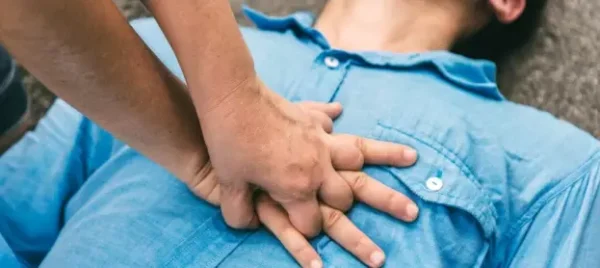 Texas Judge Rules in Favor of School District in Lawsuit Over Student’s Dreadlocks
Texas Judge Rules in Favor of School District in Lawsuit Over Student’s Dreadlocks
A Texas judge has ruled in favor of the Barbers Hill Independent School District in a lawsuit filed against a student over his dreadlocks. Darryl George, an 18-year-old junior at Barbers Hill High School, has been suspended twice due to his hairstyle. The school district claimed that George’s hair violates their policy on hair length. District Judge Chap Cain III ruled in favor of the school district, stating that the ongoing discipline faced by George is legal under the CROWN Act.
The CROWN Act, which stands for Creating a Respectful and Open World for Natural Hair, is a law that prohibits race-based hair discrimination, specifically against “protective hairstyles” like braids and locks. However, the school district argued that George’s hair length goes against their policy, which does not violate the CROWN Act as it does not mention or cover hair length.
George, who wears his hair in tied and twisted locks, expressed his connection to his heritage and identity through his hair. He stated, “My hair is how I feel closer to my people. It’s how I feel closer to my ancestors. It’s just who I am.” Many supporters, including George’s mother and Democratic state Rep. Ron Reynolds, turned out for the trial in Anahuac, outside Houston.
The CROWN Act came into effect in September, the same month George was first reprimanded for his dreadlocks and sent to an off-campus disciplinary program for 30 days. Upon returning to class, he was suspended again and referred to in-school suspension for 13 days. The CROWN Act not only prohibits hair discrimination in schools but also in workplaces, including hairstyles like Afros, twists, and Bantu knots.
During the hearing, two witnesses were presented by George’s attorney, including his mother and Rep. Ron Reynolds. Reynolds testified that while hair length was not explicitly discussed when proposing the CROWN Act, it was inferred with the nature of protective hairstyles. The school district, on the other hand, did not offer any witnesses but submitted evidence, including an affidavit from the district’s superintendent defending the dress code policy.
George’s mother strongly believes that her son’s hairstyle adheres to the school’s policy as he always wears it tied up. She argued, “This has everything to do with the administration being prejudiced toward Black hairstyles, toward Black culture. My son is well-groomed, and his hair is not distracting from anyone’s education.”
The school district’s dress code aims to teach grooming, hygiene, discipline, prevent disruption, avoid safety hazards, and instill respect for authority. District superintendent Greg Poole believes that conforming to the dress code has psychological benefits and teaches sacrifice for the betterment of the whole.
Protests against the school’s policy have been organized by activists from Black Lives Matter Houston and the United Urban Alumni Association. They gathered outside the home of district superintendent Greg Poole with signs that read, “End discriminatory policies and practices that contribute to over-policing and push out black students” along with the hashtag #MyHairIsNotAThreat.
George expressed his frustration, feeling singled out as he believes other boys in the school have longer hairstyles without facing consequences. Despite missing most of his junior year classes, George’s graduation date will not be impacted as there is a program in place for him to complete his courses in dress-code ISS (in-school suspension) if he chooses not to trim his hair.
This is not the first time Barbers Hill High School has faced controversy over dreadlocks. In 2020, another student, DeAndre Arnold, received in-school suspension and was told he could no longer participate in his graduation ceremony due to his dreadlocks. Activists have emphasized that this issue extends beyond individual cases and is about addressing discriminatory policies that affect students like DeAndre and Darryl.
The ruling by the Texas judge has sparked conversations about hair discrimination and how it impacts students’ rights to express their cultural identity. It remains to be seen whether there will be any further action or appeals following this decision. As the debate continues, it highlights the need for schools and institutions to reevaluate their dress code policies to ensure inclusivity and respect for diverse cultural practices.
